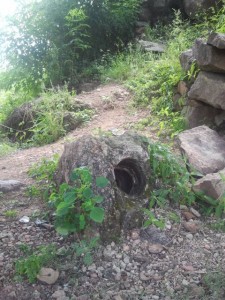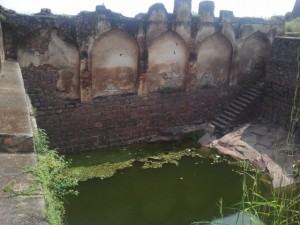Last week had the blocks on internet searches in Google and Bing, and my piece on that ended on the question of whether this wasn’t getting a bit close to censorship already. Also, it seemed like a simplistic media-attention grabbing solution that didn’t address the real problem.
Move on a week, and guess what. Now the government is going to counter extremist thought by blocking extremist websites. Of course I had to write a follow-up piece on this, which appeared yesterday at The Conversation: Blocking extremist sites is not the same as fighting child porn. This time there is no question in my mind about whether the internet censorship goes too far. And once again it won’t bother the savvy baddies much. I don’t tend to go for “it drives them underground” arguments, but in this case you might even wonder whether hiding basic communications using VPNs, ToR, and crypto is a first learning step for the development of future cyber terrorists. (That’s a blog post rather than comment piece type of idea.)
I find it very useful to run the initial ideas for these pieces past colleagues in the Cyber Security Centre. This time, Robin Mackenzie of the Kent Law School provided encouragement, and Magali Barnoux of the Forensic Psychology Group gave some useful feedback – thanks!

